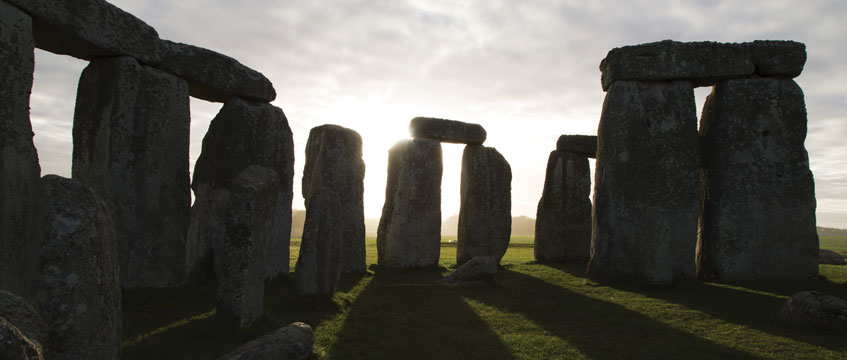Stonehenge campaigners win High Court battle over proposed tunnel
The High Court in London has ruled that transport secretary Grant Shapps acted unlawfully when he gave the green light to plans to build a road tunnel though Stonehenge, the prehistoric monument in Wiltshire.
The crowdfunded case has been brought by campaign group Save Stonehenge World Heritage Site, which has been campaigning to protect the UNESCO World Heritage site for 20 years.
The group says the £2bn road and tunnel project would cause massive and irreparable damage to the archaeology and landscape in violation of the UK’s international commitments to safeguard Stonehenge for future generations.
The High Court in London has ruled that transport secretary Grant Shapps acted unlawfully when he gave the green light to plans to build a road tunnel though Stonehenge, the prehistoric monument in Wiltshire.
The crowdfunded case has been brought by campaign group Save Stonehenge World Heritage Site, which has been campaigning to protect the UNESCO World Heritage site for 20 years.
The group says the £2bn road and tunnel project would cause massive and irreparable damage to the archaeology and landscape in violation of the UK’s international commitments to safeguard Stonehenge for future generations.
Meanwhile, supporters of the tunnel say it will protect and enhance the site by removing an unsightly busy road from the landscape.
The case went to trial last month, and the judge, Mr Justice Holgate, gave his ruling on Friday.
Although he rejected most of the campaigners’ arguments, he backed them on two key points.
Specifically, he said Shapps made a “material error or law” because he didn’t assess the impact of the project on all of the individual elements of the site.
And he said Shapps’s failure to consider alternative proposals when weighing the plan was “irrational”.
“The relevant circumstances of the present case are wholly exceptional,” the judge said in his ruling. “In this case, the relative merits of the alternative tunnel options compared to the western cutting and portals were an obviously material consideration which the SST was required to assess. It was irrational not to do so. This was not merely a relevant consideration which the SST could choose whether or not to take into account,” he said.
John Adams, the director of the campaign group said that he “could not be more pleased about the outcome.”
“The Stonehenge Alliance has campaigned from the start for a longer tunnel if a tunnel should be considered necessary. Ideally, such a tunnel would begin and end outside the World Heritage Site. ”
“But now that we are facing a climate emergency, it is all the more important that this ruling should be a wake-up call for the government. It should look again at its roads programme and take action to reduce road traffic and eliminate any need to build new and wider roads that threaten the environment as well as our cultural heritage,” he said.
R (on the Application of Save Stonehenge World Heritage Site Ltd) v Secretary of State for Transport and (1) Highways England, (2) Historic Buildings and Monuments Commission for England (“Historic England”)
[2021] EWHC 2161 (Admin); [2021] PLSCS 140
QBD (Planning Court) (Holgate J) 30 July 2021
David Wolfe QC and Victoria Hutton (instructed by Leigh Day) for the Claimant James Strachan QC and Rose Grogan (instructed by the Government Legal Department) for the Defendant
Reuben Taylor QC (instructed by Pinsent Masons) for the First Interested Party Richard Harwood QC and Christiaan Zwart (instructed by Shoosmiths) for the Second Interested Party
Photo © Stuart Forster











